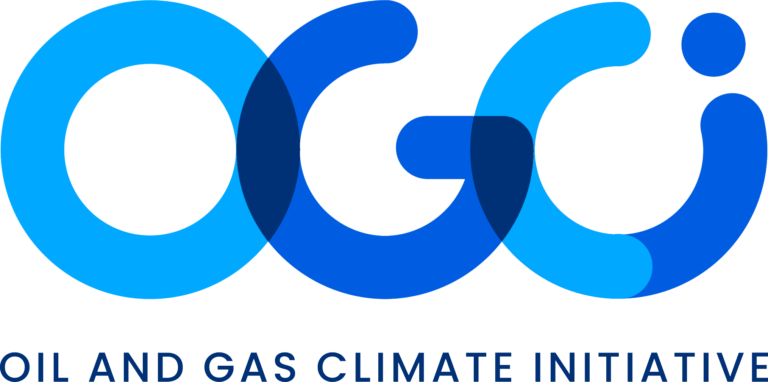A new study from the Oil and Gas Climate Initiative (OGCI) has identified a pathway to significantly reduce greenhouse gas emissions in the refining sector by using low-carbon electricity instead of fossil fuels to power some equipment.
Decarbonizing the downstream sector, which includes refineries and chemical facilities, will play an important role in reaching a net zero emissions future.
It also forms a key pillar of OGCI’s strategy to reach net zero emissions from operations under its control, known as Scope 1 and 2, and use the group’s influence to achieve the same in non-operated assets within the timeframe of the Paris Agreement.
OGCI Deputy Vice President Strategy & Policy Justine Roure said: “This important work led by OGCI shows that it is possible to decarbonize the majority of Scope 1 and 2 emissions in refineries using electrification based on low-carbon power sources.”
“The study sets out practical advice on the types of technologies, the economics and the potential reduction in carbon intensity, and will be invaluable for the industry.”
The study’s primary roadmap showed that it would be possible to reduce over 65% of a refinery’s CO2 by 2040 if there was sufficient availability of low-carbon power.
It found that using electric boilers and electric drives for condensing turbines should be prioritized. These proven technologies have marginal abatement costs under $150 per tonne of CO2 – significantly cheaper than the marginal abatement costs of $500/t of CO2 to convert furnaces to electric heaters.
Global consultancy and engineering company Wood Plc conducted the study, which focused on applying electrification to existing sites and addressed the opportunities and challenges of electrification by applying it to three representative refineries of different complexity levels.
Background
- The Oil and Gas Climate Initiative is a CEO-led organization bringing together 12 of the largest companies worldwide to lead the oil and gas industry’s response to climate change. It aims to accelerate action towards a net zero emissions future consistent with the Paris Agreement.
- Together, OGCI member companies represent almost 30% of global oil and gas production.
- OGCI members are Aramco, bp, Chevron, CNPC, Eni, Equinor, ExxonMobil, Occidental, Petrobras, Repsol, Shell and TotalEnergies.
- Read more about OGCI’s decarbonization efforts in our Annual Progress Report




